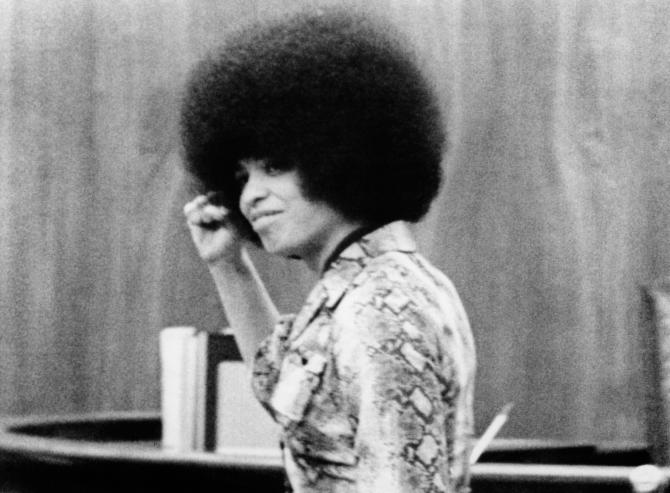

"There has been a lot of debate in the left sector of the anti-war movement as to what the orientation of that movement should be. And I think there are two main issues at hand.
One group of people feels that the movement, the anti-war movement ought to be a single issue movement, the cessation of the war in Vietnam. They do not want to relate it to the other kinds and forms of repression that are taking place here in this country. There's another group of people who say that we have to make those connections.
Now I think we should ask ourselves why that first group of people want the anti-war movement to be a single issue movement. Somehow they feel that it's necessary to tone down the political content of that movement in order to attract as many people as possible.
They think that mere numbers will be enough in order to affect this government's policy. But I think we have to talk about the political content. We may very well face a period of full-blown fascism very soon...I think that they are really preparing for this now.
It's evident that the terror is becoming not just isolated instances of police brutality here and there, but that terror is becoming an everyday instrument of the institutions of this country.
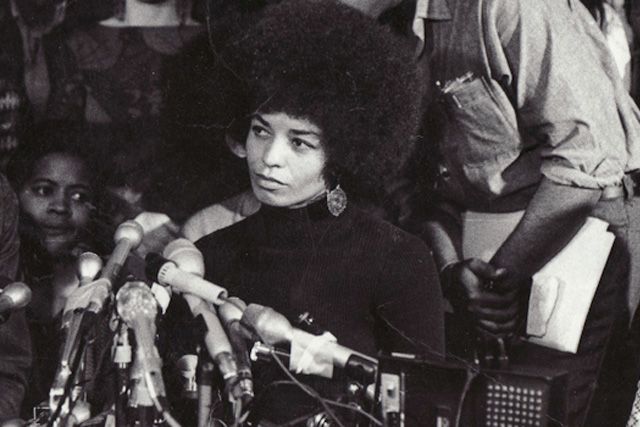
...We all ought to talk about standing up and resisting this oppression, resisting the onslaught of fascism in this country. Otherwise, the movement is going to be doomed to failure.
Just as we can say also if we in the black liberation movement and the liberation movement for all people in -- all oppressed and exploited people in this country, defend only ourselves, then we too will be doomed to failure.
The enemy is American imperialism and although we feel it here at home it's being felt perhaps much more brutality in Vietnam, it's being felt in Latin America, it's being felt in Africa, we have to make these connections. And what we have to talk about now is a united force."
"The numbers of black people who now count themselves among the black bourgeoisie certainly does make an enormous difference.
In a sense the quest for the emancipation of black people in the US has always been a quest for economic liberation which means to a certain extent that the rise of black middle class would be inevitable.
...We can't think narrowly about movements for black liberation, and we can't necessarily see this class division as simply a product or a certain strategy that black movements have developed for liberation.
But rather we have to look at the structural changes that have also accompanied the gains of the civil rights movement. We have to look at for example the increasing globalization of capital, the whole system of transitional capitalism now which has had an impact on black populations.
That has for example eradicated large numbers of jobs...and created communities where the tax base is lost now as a result of corporations moving to the third world in order to discover cheap labor.
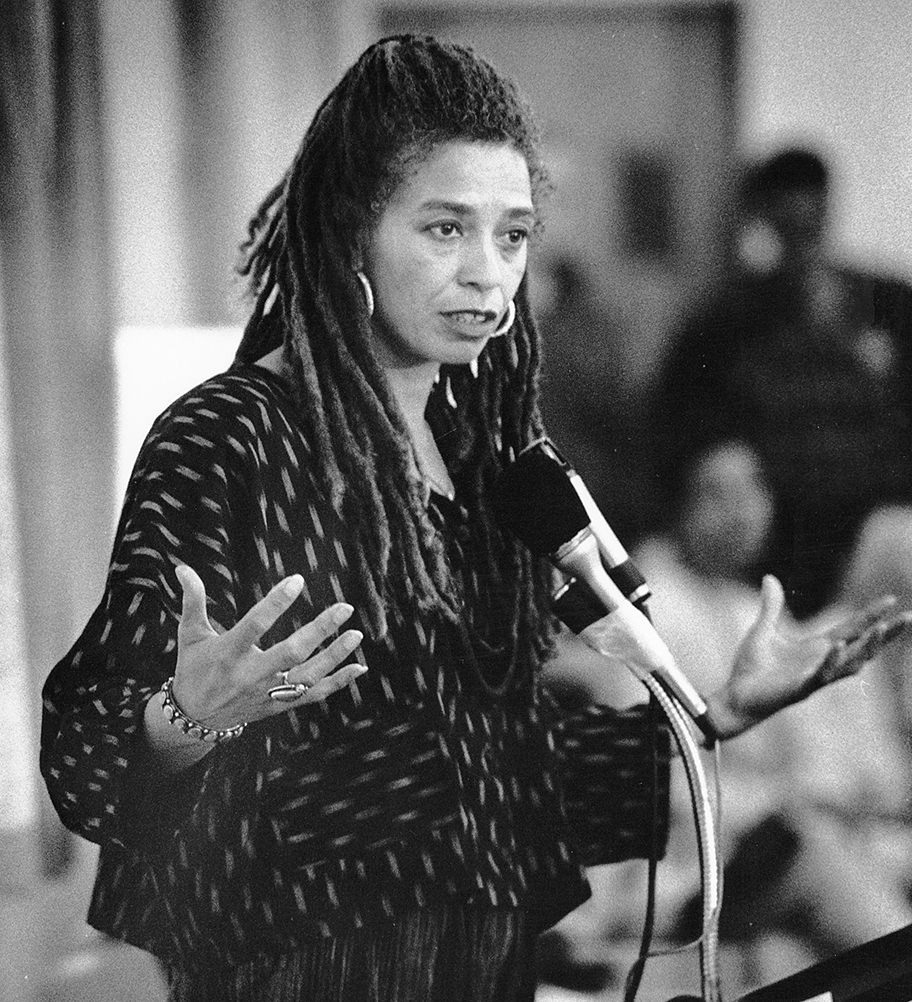
You do have this rising middle class and you do have the young brothers and sisters who are moving toward the corporate arena and who are encouraged to do this arena from the time that they are very young. I think this is one of those moments where we also have to talk about the deterioration of the institutions.
I can't really blame a lot of young sisters and brothers who believe that education has anything to offer them. Because as a matter of fact, it has nothing to offer them. Suppose they do get a high school diploma that is meaningful. What kind of job is awaiting them? The jobs that used to be available to working-class people are not there as a result of the de-industrialization of this economy.
The deindustrialization of the US. economy creates on the one hand conditions in those countries that encourage people to emigrate to the US. in search of a better life.
On the other hand, it creates conditions here that send more black people into the alternative economies, the drug economies, women into economies in sexual services, and sends them into the prison industrial complex."
"Terrorism very much shaped the history of the United States of America. Acknowledging continuities between 19th-century anti-slavery struggles, 20th-century civil rights struggles, 21st century abolitionist struggles.
Acknowledging these continuities requires a challenge to the closures that isolate the freedom movement of the twentieth century from the century preceding, and the century following.
It is incumbent not only to recognize these temporal continuities, but also to recognize the horizontal continuities, links with a whole range of movements and struggles today. And I want very specifically to mention the ongoing sovereignty struggles in Palestine.
In Palestine where not too long ago, Palestinian freedom riders set out to contest the apartheid practices of the state of Israel.
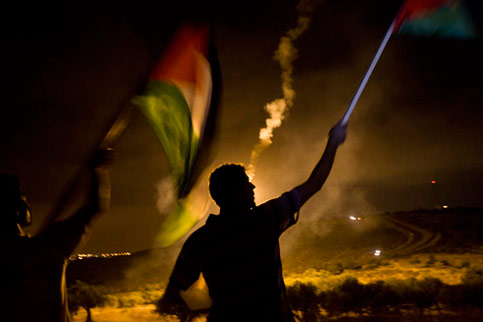
All around the world people are saying that we want to struggle to continue as global communities, to create a world free of xenophobia and racism, a world from which poverty has been expunged, and the availability of food is not subject to the demands of capitalist profit.
I would say a world where a corporation like Monsanto would be deemed criminal. Where homophobia and transphobia can truly be called historical relics along with the punishment of incarceration and institutions of confinement for disabled people.
Where everyone learns how to respect the environment and all of the creatures, human and non-human alike, with whom we cohabit our worlds."
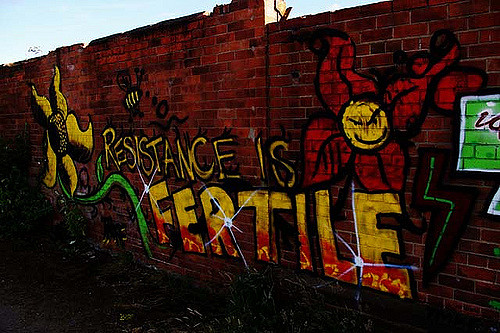
Davis recently visited activists such as housing advocate and former imprisoned musician Preta Ferreira in Brazil.
"It was a gathering of two women who have fought for human rights and who have suffered and been tortured for demanding these rights, for demanding human rights for Black people."
And she received a warm welcome for her solidarity elsewhere too (Medium). Marielle Franco's sibling Anielle, Movimento Negro Unificado and the Landless Workers' Movement also met Davis, who additionally demanded Lula's freedom.
Harvard's Radcliffe Institute held a Radical Commitments Conference that same month, October 2019 for her work. The holistic and inter-generational lecture featured letters, organizational documents, recordings and more from the Papers of Angela Davis (Harvard Magazine).
"What does success look like? It’s a very complicated question. Partly, success is figuring out how to ask the right question in a particular moment, and partly about making new mistakes, not old ones. I don’t think there’s an ultimate point where you could say, ‘This is freedom, we’re there.’
'Each time one thinks that one has reached the top of the mountain, there is another ahead....If someone had asked me to define freedom 50 years ago, I would’ve said, ‘We have to free the black man.’ That would have been my answer. Now it’s so much more complicated."
Speech by Angela Davis at a Black Panther Rally in Bobby Hutton Park, Oakland, 11/12/69 (IndyBay)
Audio Stream:
Interview with Angela Davis (PBS)
The Iconic Moment Activist Angela Davis Visited Black Brazilian Women (Medium, 12-05-19)
Transcription: Angela Davis ‘Freedom is a Constant Struggle: Closures and Continuities’ (Critical Legal Thinking)